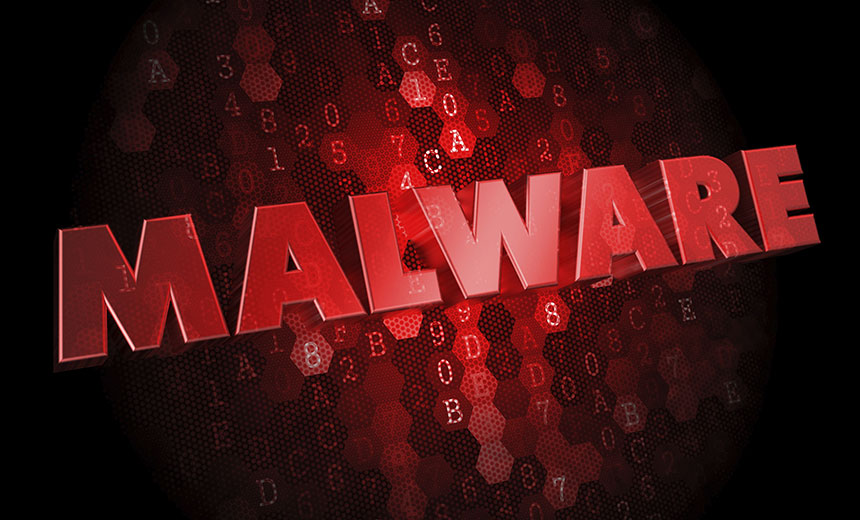Security and old malware risks are still a major challenge among businesses around the world which have to stay on edge as attacks have devastating impact. The health sector should be particularly careful amid warnings of an infamous Trojan that originally appeared in 2012 in the US. Technology firm Symantec was first to warn consumers of this malware that hides in image files that come with pirated software. Read on to understand the infection, how it targets your business and ways to keep Stegoloader infections at bay.
Stegoloader is a Trojan that infects devices through product keys that come with pirated software downloads. Businesses in the healthcare sector are most affected by this malware but there have been reports of infections within insurance and technology industries as well. The malicious program earns its name from Steganography – the term used by hackers in reference to hiding malware inside image files. Once this image is opened on an unprotected device, it moves on to look for vulnerabilities in the network. This might not seem like much of a big deal but it can be devastating for emergency rooms if it steals medical records and even worse for banks if it manages to install a secondary piece of malware to siphon funds from banks.
The biggest victims of this malware are Premera Blue Cross and Anthem, leading Symantec to believe that healthcare data is more sought after by hackers. This is because such information is very personal and therefore more lucrative than anything else. It is worth noting that cyber criminals of this age are very opportunistic and wait for innocent people who go about downloading pirated versions of software.
How to avoid infections
The virus gets to your devices through pirated software. You need to educate your employees on best practices such as avoiding unknown image files, reporting strange activity and downloading only from legitimate sites. On your part it is important to keep updating antivirus software and OS as well as backing up data in case of a breach. Downloading pirated software seems like an excellent savings plan especially for small businesses. You don’t have to hire top notch consultants or purchase originals but companies fail to realize that the software comes with dangerous programs. Attacks can bring hospitals to a standstill which is both embarrassing and dangerous. Whether you are in the health sector or not, it is important to exercise caution when downloading files as you cannot tell from face value if they are compromised or not. Never open unsolicited mail or download images whose source you don’t trust. Make a habit of buying original software by saving up instead of taking shortcuts which are actually the shortest way to trouble. Mitigating an attack would certainly cost you much more than simply buying from authorized lenders or ignoring strange emails. If you really want to save your business some money, contact us today for better ways to protect your organization from costly data breaches.


